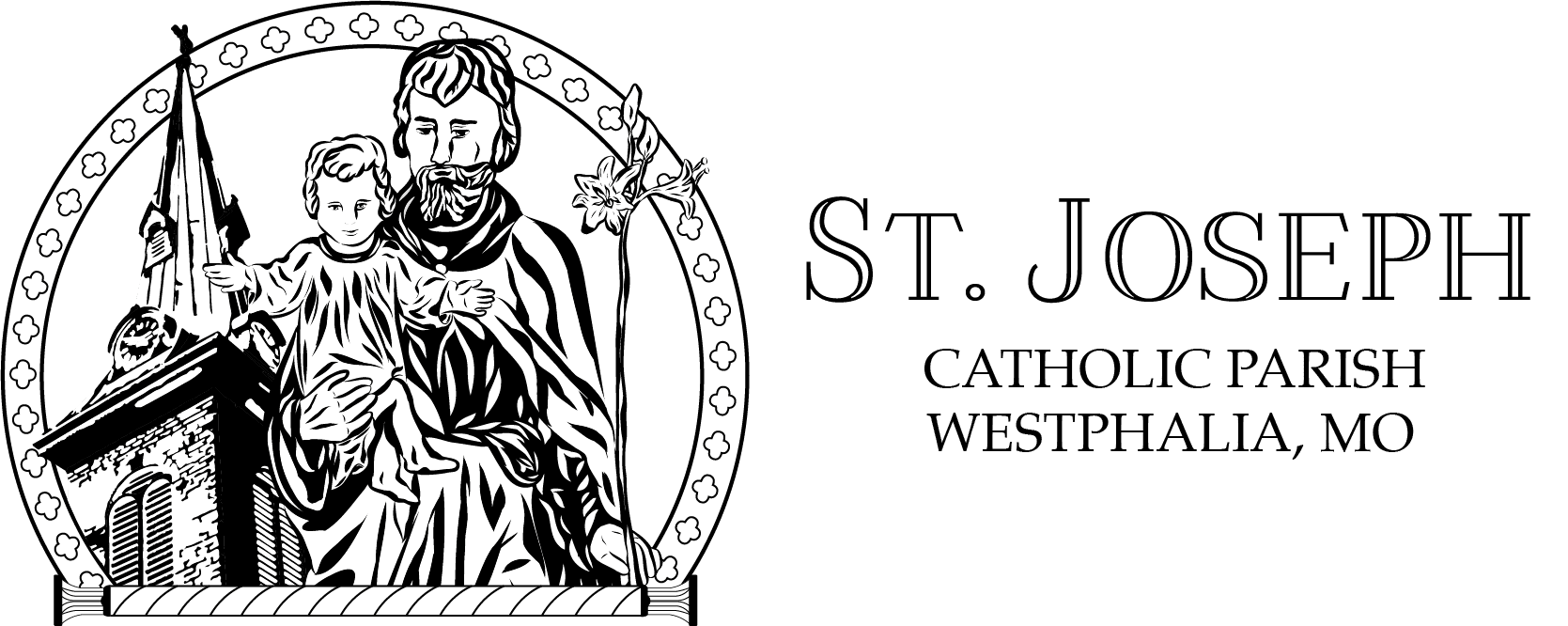About
The Eucharist is the efficacious sign and sublime cause of that communion in the divine life and that unity of the People of God by which the Church is kept in being. It is the culmination both of God’s action sanctifying the world in Christ and of the worship men offer to Christ and through him to the Father in the Holy Spirit.
(Catechism of the Catholic Church, 1325)
The Real Presence of Jesus Christ in the Sacrament of the Eucharist: Basic Questions and Answers, from the US Conference of Catholic Bishop’s Committee on Doctrine tells us:
The Lord Jesus, on the night before he suffered on the cross, shared one last meal with his disciples. During this meal our Savior instituted the sacrament of his Body and Blood. He did this in order to perpetuate the sacrifice of the Cross throughout the ages and to entrust to the Church his Spouse a memorial of his death and Resurrection.
As the Gospel of Matthew relates:
While they were eating, Jesus took bread, said the blessing, broke it, and giving it to his disciples said, “Take and eat; this is my body.” Then he took a cup, gave thanks, and gave it to them, saying, “Drink from it, all of you, for this is my blood of the covenant, which will be shed on behalf of many for the forgiveness of sins.”
(Mt 26:26-28; cf. Mk 14:22-24, Lk 22:17-20, 1 Cor 11:23-25)
Recalling these words of Jesus, the Catholic Church professes that, in the celebration of the Eucharist, bread and wine become the Body and Blood of Jesus Christ through the power of the Holy Spirit and the instrumentality of the priest. Jesus said: “I am the living bread that came down from heaven; whoever eats this bread will live forever; and the bread that I will give is my flesh for the life of the world. . . . For my flesh is true food, and my blood is true drink” (Jn 6:51-55). The whole Christ is truly present, body, blood, soul, and divinity, under the appearances of bread and wine—the glorified Christ who rose from the dead after dying for our sins. This is what the Church means when she speaks of the “Real Presence” of Christ in the Eucharist. This presence of Christ in the Eucharist is called “real” not to exclude other types of his presence as if they could not be understood as real (cf. Catechism, 1374). The risen Christ is present to his Church in many ways, but most especially through the sacrament of his Body and Blood.
Worship of the Eucharist at St. Joseph
The Eucharist ought to be the center of parish life. The celebration of Sunday Mass is the source and summit of all other parish activities.
In addition to Mass, St. Joseph holds a solemn procession with the Blessed Sacrament on Corpus Christi and other special occasions, as well as regular preaching and catechesis on the Eucharist.
The Blessed Sacrament is solemnly exposed and the church open for adoration each first Friday from 8:30am through 6:30am the following Saturday.
